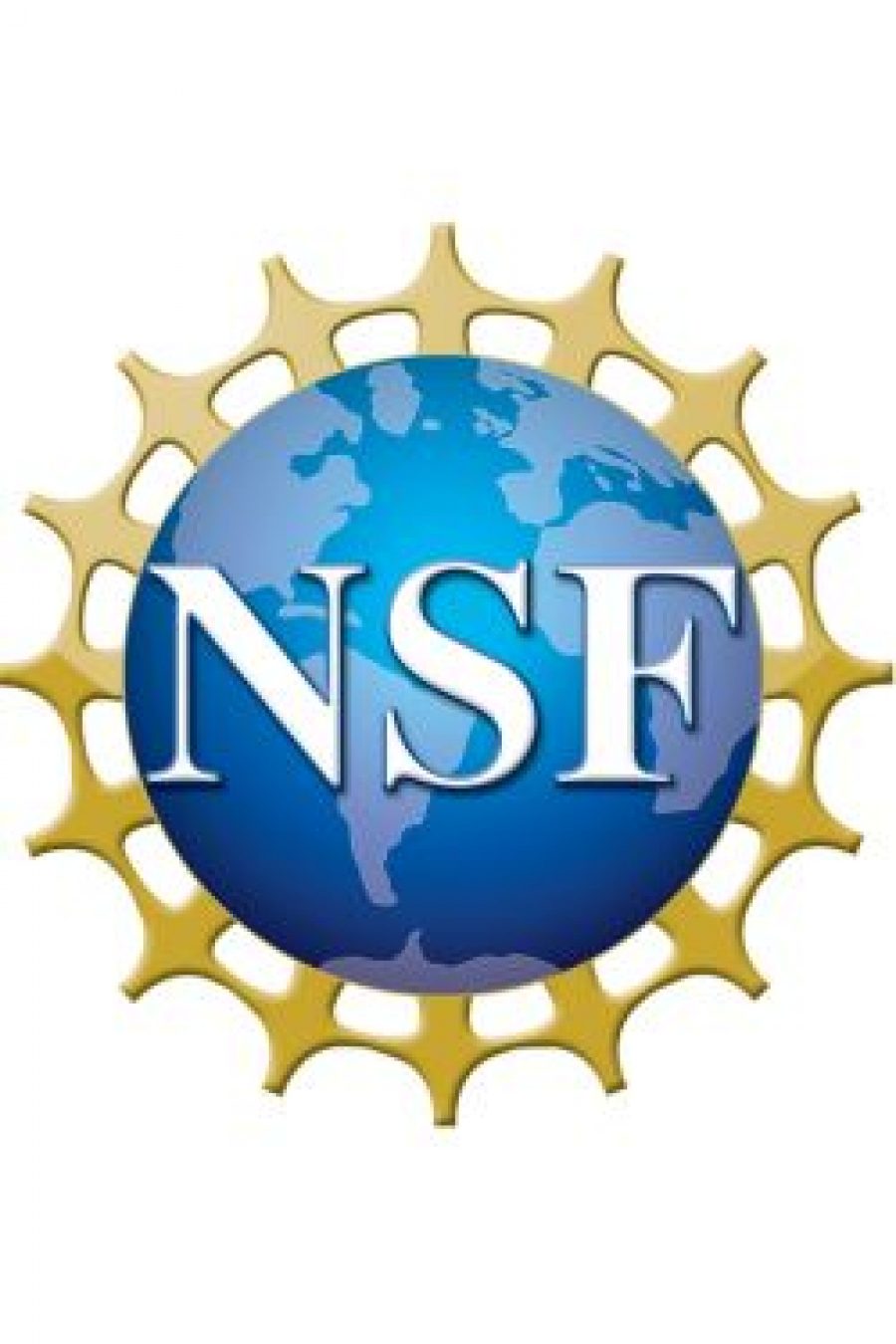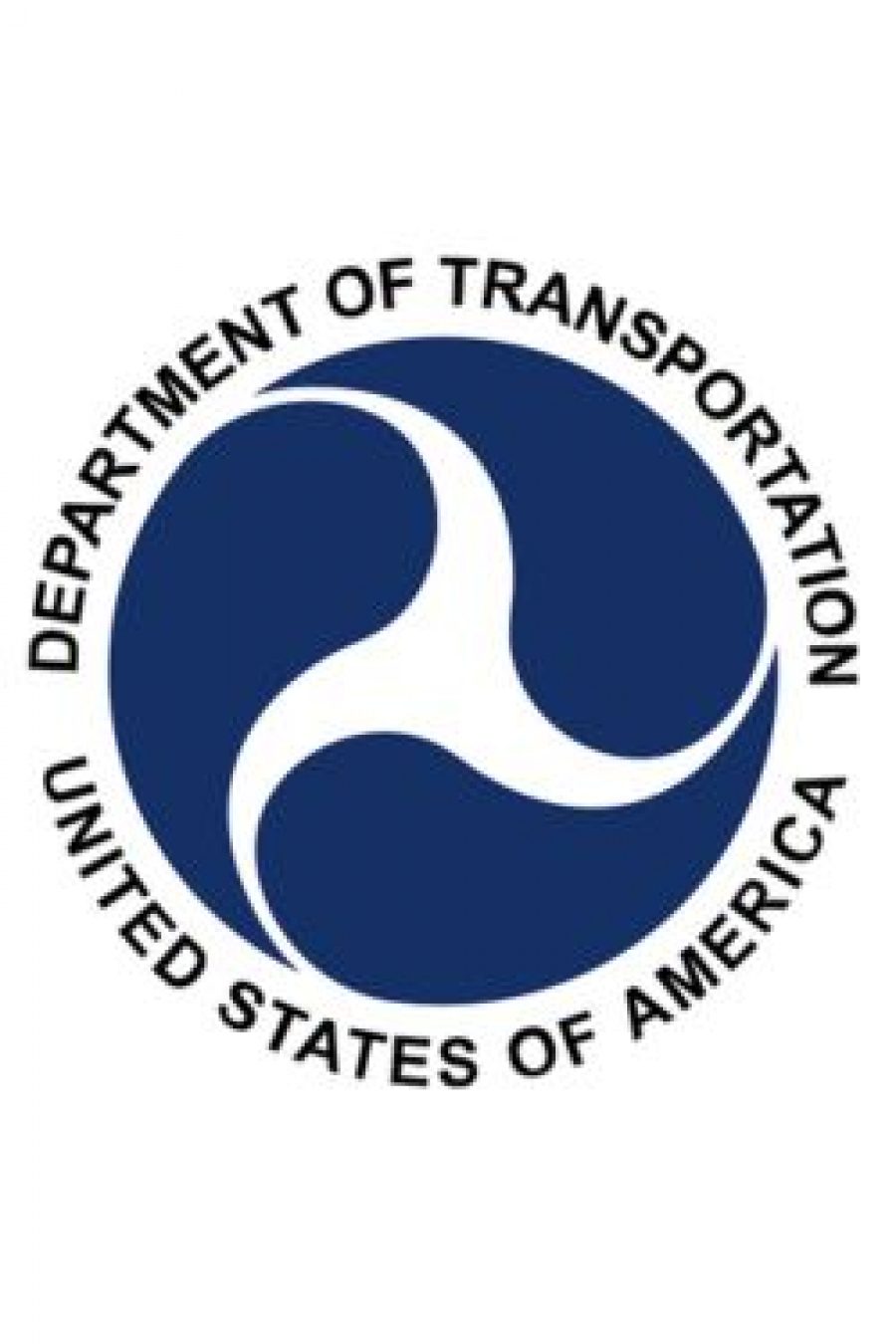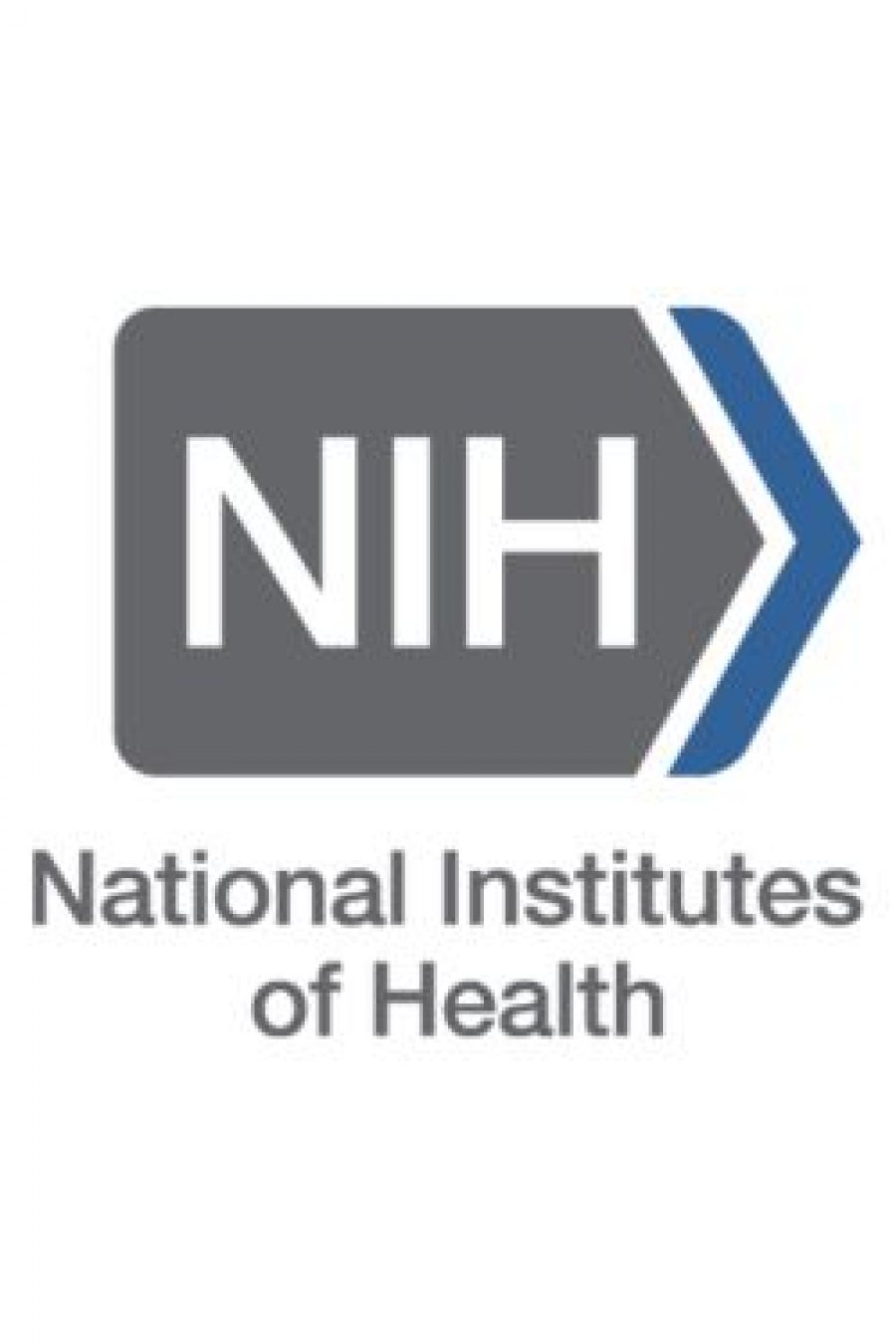Smart Cities
The “smart city” conversation has evolved. The dialogue now focuses on the intersections between technology-based problem solving, community engagement, social justice, and environmental responsibility. Today’s thriving city is an intelligent urban ecosystem, where technology enables new solutions for holistic, equitable, and sustainable change in our physical spaces, institutional spaces, and digital spaces.
At Vanderbilt, we have been working on this societally critical challenge through the CIVIC center. The CIVIC (City Innovation through the Vanderbilt initiative for Infrastructure Connectivity) center is a multidisciplinary group of academic researchers that works with communities and cities to develop solutions that emphasize social equity, technology and data science approaches. This collaboration is an extension of the earlier VISOR center established in 2016 as a partnership between the Metropolitan Government of Nashville & Davidson County and Vanderbilt University. VISOR worked on several Global Cities team challenge projects addressing issues centered on public transit, public emergency systems, and transportation. By working together, the team of researchers, Metro leaders, and socio-technical experts aims to incubate solutions that lead to wider economic and technological impact in the region.
Examples of successful partnerships include the following:
Events
-
May 15-17
5 PM Vanderbilt University
2024 Annual Meeting hosted by Vanderbilt University Research and Innovation
This year's conference theme is IT+ITS: Information Technology Meets Intelligent Transportation and will take place May 15-17 and include keynote speakers, technical presentations, roundtables, and plenty of opportunities for networking with multiple social events and breaks. Find more information below for registration, sponsorship opportunities, exhibitor opportunities, and hotel information. Please reach out to secretary@itstn.org with any questions.
Conference Details
May 15 · 5pm - May 17 · 12pm CDT
VU Student Life Center, 310 25th Avenue South Nashville, TN 37212
Most of the conference, including all presentations and the exhibit hall, will take place at the Vanderbilt University Student Life Center located at 310 25th Avenue South, Nashville, TN 37212.
Partners
Education for All
Vanderbilt University engineering and education researchers are part of a new $20 million research institute funded by the National Science Foundation. This institute supports Vanderbilt's goal to create artificial intelligence tools to advance human learning and education.
Funding
Redesign regional transit system using artificial intelligence, community engagement
$3.9 million, NSF
Augmenting and advancing cognitive performance of control room operators for power grid resiliency
$323,000, NSF
Optimizing public transit with Artificial Intelligence
$55,000, NSF
Designing tech-driven decision-making and disaster response tools for Houston-area food banks
$50,0000, NSF, U.S. Department of Energy, U.S. Department of Homeland Security
Latest News
Contact
Abhishek Dubey, Associate Professor of Computer Science, Associate Professor of Electrical and Computer Engineering: abhishek.dubey@vanderbilt.edu
Hiba Baroud, Associate Professor of Civil and Environmental Engineering: hiba.baroud@vanderbilt.edu
Meiyi Ma, Assistant Professor of Computer Science: meiyi.ma@vanderbilt.edu
Jonathan Sprinkle, Professor of Computer Science, Professor of Civil and Environmental Engineering, Professor of Electrical and Computer Engineering: jonathan.sprinkle@vanderbilt.edu
Dan Work, Professor of Civil and Environmental Engineering, Professor of Computer Science: dan.work@vanderbilt.edu



